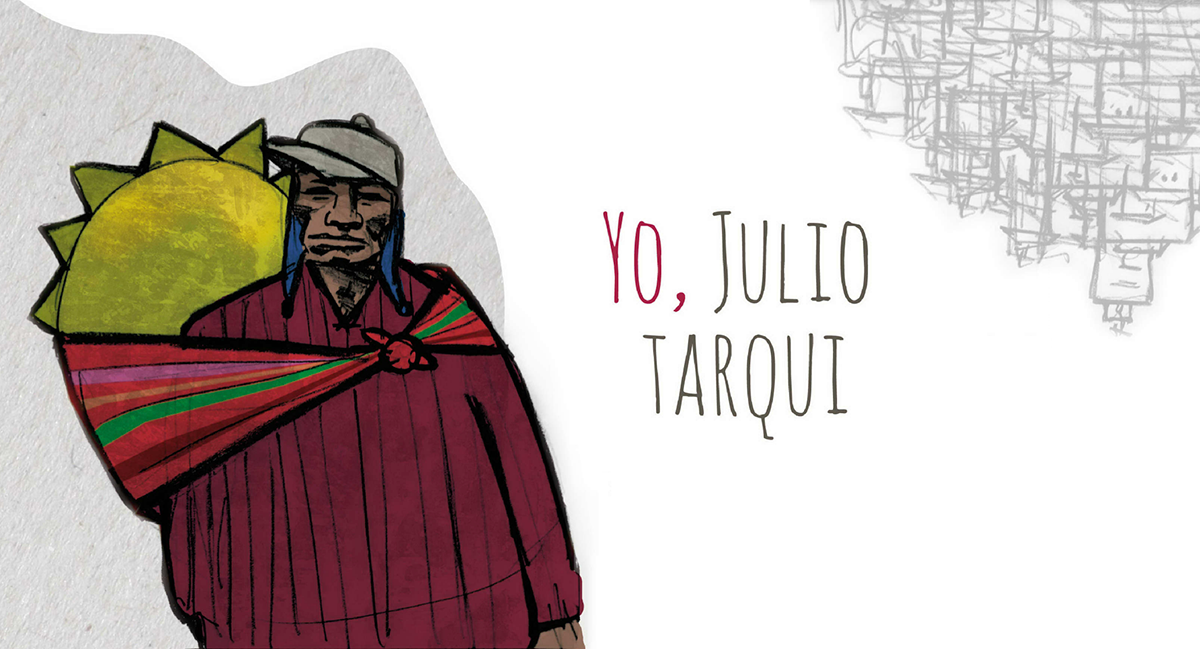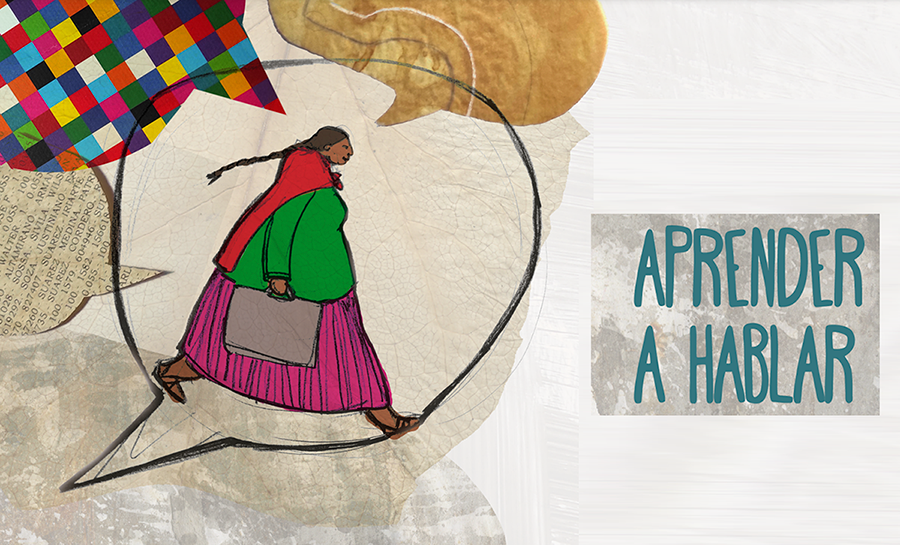 Winning Story: I, Julio Tarqui (Yo, Julio Tarqui).
Winning Story: I, Julio Tarqui (Yo, Julio Tarqui).
Racism remains a persistent issue in Bolivia. Indigenous peoples, Afro-descendants, and other vulnerable communities face discrimination every day in different contexts, both public and private. This situation prevents a large portion of the population from exercising their rights fully and furthermore confront structural inequalities.
This is the context that gave life to the first national micro-story contest named “If your Eyes could see my Story”, organized by the World Bank Office in Bolivia to generate reflection and discussion about racial discrimination and its effects, through literature. Our intention was to foster a space for introspection, using the arts as a vehicle to allow an honest social dialogue, not only through the words but fundamentally through the emotions they evoke.
We also sought to create a widely participative activity by motivating writers 18 years old and above from far and wide in the county to contribute with their stories. This participation was evident with the 632 micro-stories received from all nine regions of Bolivia.
Each word written in these stories is a demonstration of how Bolivian society thinks and feels; it is about profound suffering caused by racism , but also about the hope of its eradication in new generations to fully achieve development in our country.
The jury, comprised of renowned Bolivian writers and artists (Elvira Espejo, Mauricio Murillo, and Rodrigo Urquiola), had the difficult task of selecting the winning stories. They evaluated the use of language, writing, style, and the ability to complete a narration limited in its extension, as well as its relevance to the theme of the contest. After several arduous days, six short stories obtained the first three prizes in each of the two categories (novel writers from 18 to 23 years and amateur writers from 24 to 99 years).
I, Julio Tarqui (Yo, Julio Tarqui) by Ernesto Flores Meruvia (18) tells the story of a migrant Aymara construction worker who escapes from his reality by dancing the cuecas (traditional music genre) in a place where everyone is equal. Learning to speak (Aprender a hablar) by Marcio Aguilar Jurado (30) is about a housekeeper who frees herself from a commonly socially imposed past by reinventing herself through language and use of words. Both stories were the first-place winners.
Fausto and oblivion (Fausto y el olvido) by Sebastian Moscoso España, 33 Varieties of Potato (33 variedades de Papa) by Wara Moreno Barroso, Trip to Chile (Viaje a Chile) by Mariana Villa Luna, and Scent of the hands (Perfume de las manos) by Elvia Andia Grageda completed the list of winning stories that vehemently and emotionally share realities that take place any day and anywhere in our country. These, and all the literary works that participated in the contest, accomplish the goal of bringing to light such experiences, allowing the reader to put his/herself in another’s shoes and empathize with their situation.
Racism is not just a tale; it is a deep structural issue that cannot be solved overnight . Acknowledging this, and its historical connections, is a critical first step to heal every society in the world.
However, acceptance is not enough, we seek to prevent racist acts, both those that are publicly evident and those intertwined and normalized in everyday life. All of us are responsible for supporting and taking small steps on this long road to a change. We believe this initiative was one of those steps.
Category A (18 to 23 years): Ernesto Flores Meruvia with “I, Julio Tarqui”
Category B (24 to 99 years): Marcio Aguilar Jurado with “Learning to speak”



Join the Conversation